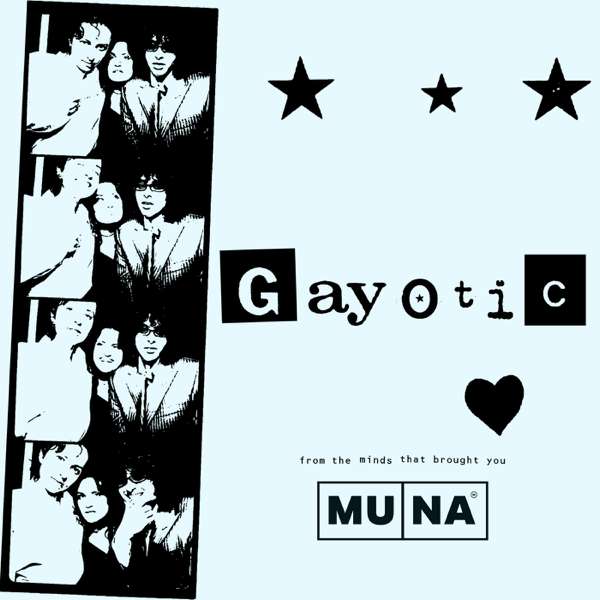In this episode BFR has a conversation with Loretta Ross, one of the founding mothers of Reproductive Justice. Ross discusses her RJ story, Black Feminist Theory, her path to activism, transformative justice, abolition, and so much more. We also discuss how the Reproductive Justice framework was birthed. You can visit her website to learn more about her activism and scholarship.
Loretta Ross is a nationally-recognized trainer on using the transformative power of Reproductive Justice to build a Human Rights movement that includes everyone. Ms. Ross is an expert on women’s issues, hate groups, racism and intolerance, human rights, and violence against women. Her work focuses on the intersectionality of social justice issues and how this affects social change and service delivery in all movements.
Loretta is a rape survivor, was forced to raise a child born of incest, and she is also a survivor of sterilization abuse. She is a model of how to survive and thrive despite the traumas that disproportionately affect low-income women of color. She serves as a consultant for Smith College, collecting oral histories of feminists of color for the Sophia Smith Collection which also contains her personal archives (see https://www.smith.edu/library/libs/ssc/pwv/pwv-ross.html). She is a mother, grandmother and a great-grandmother.
Ms. Ross was National Co-Director of the April 25, 2004 March for Women’s Lives in Washington D.C., the largest protest march in U.S. history with more than one million participants. As part of a nearly five-decade history in social justice activism, between 1996-2004, she was the Founder and Executive Director of the National Center for Human Rights Education (NCHRE) in Atlanta, Georgia. Before that, she was the Program Research Director at the Center for Democratic Renewal/National Anti-Klan Network where she led projects researching hate groups, and working against all forms of bigotry with universities, schools, and community groups. She launched the Women of Color Program for the National Organization for Women (NOW) in the 1980s, and led delegations of women of color to many international conferences on women's issues and human rights. She was one of the first African American women to direct a rape crisis center in the 1970s, launching her career by pioneering work on violence against women.
Loretta Ross, Reproductive Justice, Abortion, Rape, Rape survivor, Activist, Feminist, Black Feminism, Black Feminist Theory

 Our TOPPODCAST Picks
Our TOPPODCAST Picks  Stay Connected
Stay Connected







